Ripple has acquired digital-asset wallet and custody firm Palisade, underscoring a strategic pivot toward enterprise-grade crypto infrastructure as large corporations show increasing interest in blockchain solutions. This move comes at a time when regulatory clarity is improving and institutional appetite for digital-asset adoption is rising, reshaping how crypto investors assess ecosystem value.
Market Reaction
Following the announcement, the native token XRP traded around $2.31, representing a gain of approximately 4.6% on the day of the deal disclosure. This uptick, though modest relative to past speculative moves, underscores investor recognition of infrastructure-centric acquisitions rather than token-specific hype. The acquisition also dovetails with Ripple’s broader M&A strategy: the company stated that its cumulative crypto ecosystem investments have crossed the $4 billion mark this year alone. For crypto investors and institutions, the shift toward real-world applications signals a maturation of the sector where infrastructure deployment may increasingly drive value rather than purely speculative token flows.
Regulatory and Technical Implications
With this acquisition, Ripple integrates Palisade’s wallet-as-a-service (WaaS) architecture into its custody arm, enabling features like multi-chain wallet deployment, fast provisioning and DeFi integration. These capabilities enhance Ripple Custody’s appeal to banks, fintechs and corporates seeking institutional-grade crypto solutions. The deal is particularly significant in a regulatory environment where custody models and license burdens remain a key barrier for institutional entry. Ripple states it holds over 75 regulatory licences globally, and the addition of Palisade strengthens its proposition as a bridge between traditional finance and decentralized finance. From an operational standpoint, such infrastructure may facilitate high-frequency treasury flows, cross-border payments and tokenised asset management—use-cases critical to enterprise crypto adoption.
Investor Sentiment and Strategic Perspective
For sophisticated crypto investors and professional institutions, this acquisition may shift mindset from “which token will moon” to “which platform powers enterprise adoption.” Ripple’s emphasis on corporates driving the next major wave of adoption aligns with growing indications that companies—rather than retail traders—may become primary drivers of crypto growth. In Israel and globally, where fintech and payments firms are highly engaged in blockchain ecosystems, this suggests that tracking infrastructure providers could yield insights beyond token price movements alone. Psychologically, the market may prize execution and revenue-model clarity more than narrative momentum. However, the challenge for Ripple remains execution-risk: deploying institutional mandates at scale, integrating newly acquired tech and maintaining regulatory compliance across jurisdictions.
Looking ahead, key watch-points include the speed at which Palisade’s wallet technology is integrated into Ripple’s product suite, the volume of corporate wallet and treasury flows routed through the platform, and how regulatory developments—particularly in the US and EU—shape institutional adoption. For crypto investors, the opportunity lies in platforms that can deliver enterprise usage at scale; the risk lies in lofty expectations and execution shortfalls.
Comparison, examination, and analysis between investment houses
Leave your details, and an expert from our team will get back to you as soon as possible




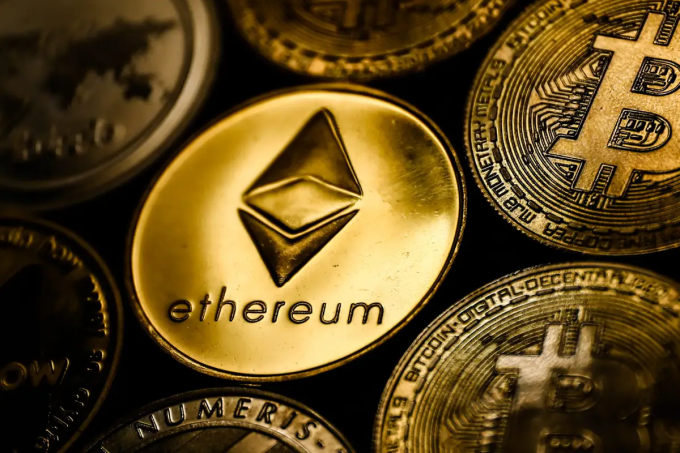
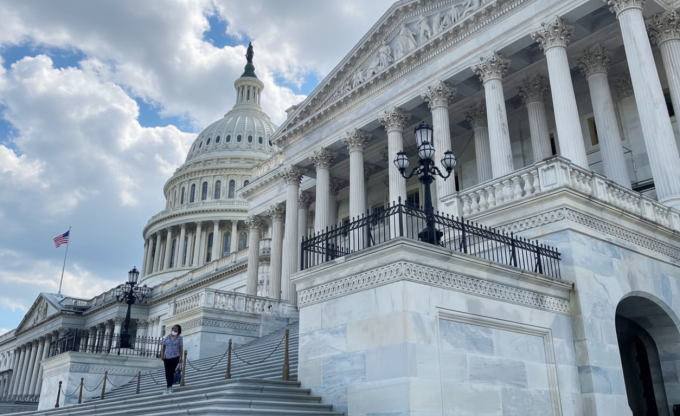

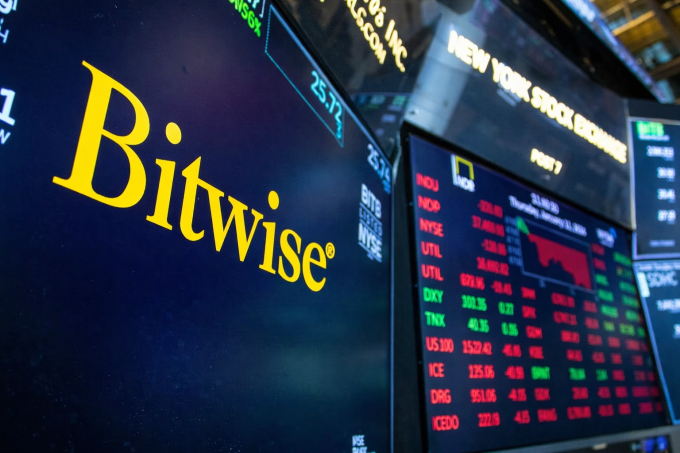
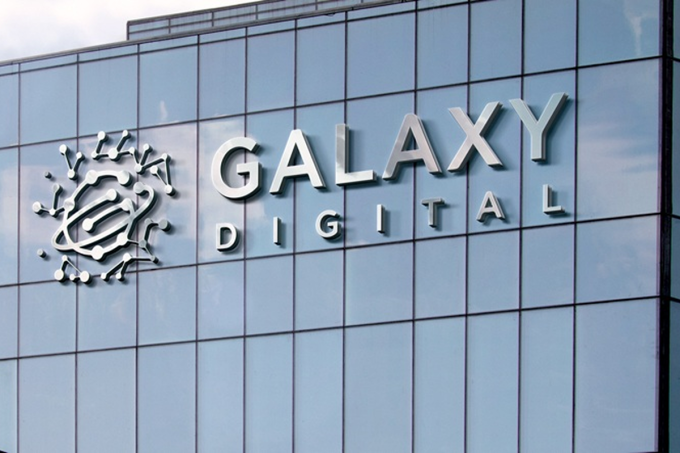
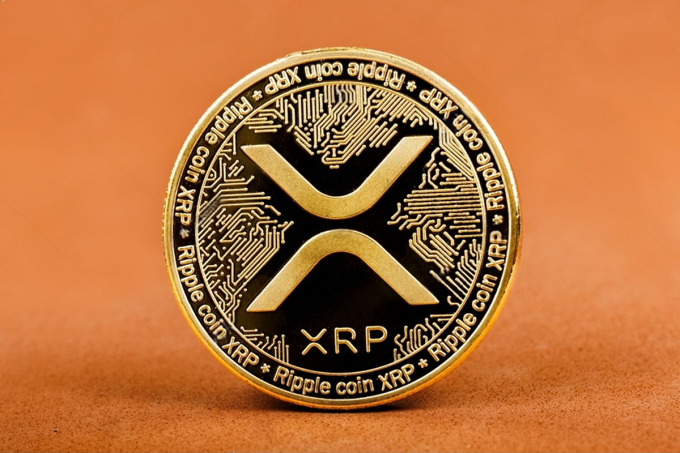

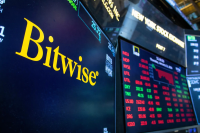
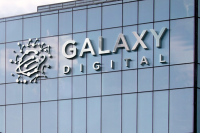
https://shorturl.fm/mv6gO